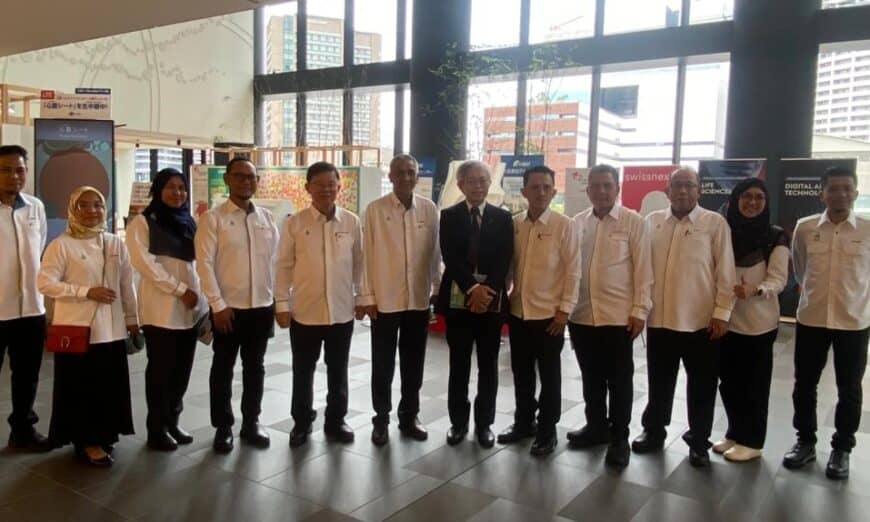CHIEF Minister Chow Kon Yeow has lauded Japan’s Nakanoshima Qross in Osaka as a model for advancing healthcare and innovation, saying it shares many similarities with Penang’s vision for the future.
“This centre shows us how healthcare and innovation can grow hand in hand. When I look at Nakanoshima Qross, I see many similarities with Penang’s own vision,” Chow said during his official visit to the integrated facility today. He is currently leading a state delegation to highlight the state’s investment opportunities in the ongoing World Expo 2025 in Osaka.
He described the hub as “truly impressive,” noting how it brings together hospitals, researchers, startups, and companies to jointly develop medical solutions of the future.
Chow highlighted Penang’s success as a regional healthcare destination, pointing out that in 2024 the state received more than 412,900 foreign patients and generated RM888.7 million in revenue.
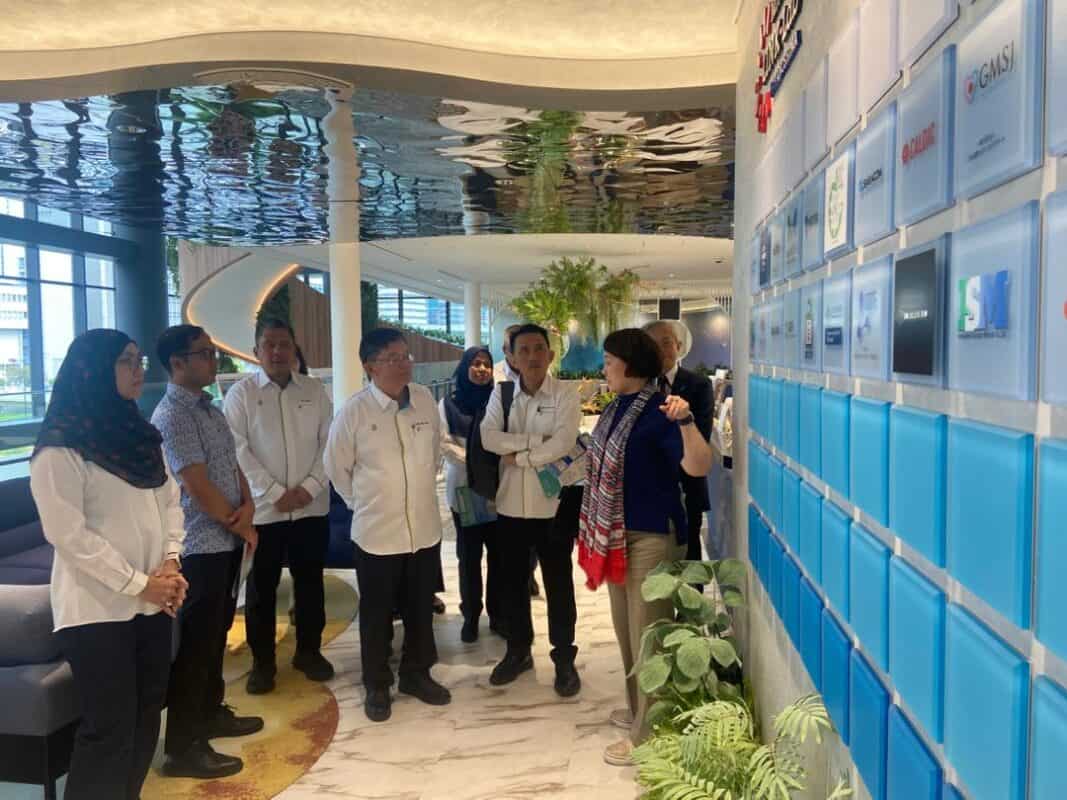
“People choose Penang not only for our excellent doctors and modern hospitals, but also for our culture, food, and warm hospitality,” he said.
Looking ahead, Chow said the Penang government is spearheading the RM2 billion Penang Medi-City project in Batu Kawan. Covering 235 acres, the development will feature a 200-bed specialist hospital, wellness and diagnostic centres, and supporting residential and commercial facilities.
“It will be more than just hospitals; it will be a complete medical ecosystem where patients, researchers, and investors can all connect,” he said, adding that Osaka and Penang shared the same goal of integrating healthcare, research, and startups to accelerate access to new treatments.
“There are many opportunities for Penang and Japan to work together. We can share knowledge, collaborate on research, and explore investment in medical technology,” Chow stressed.
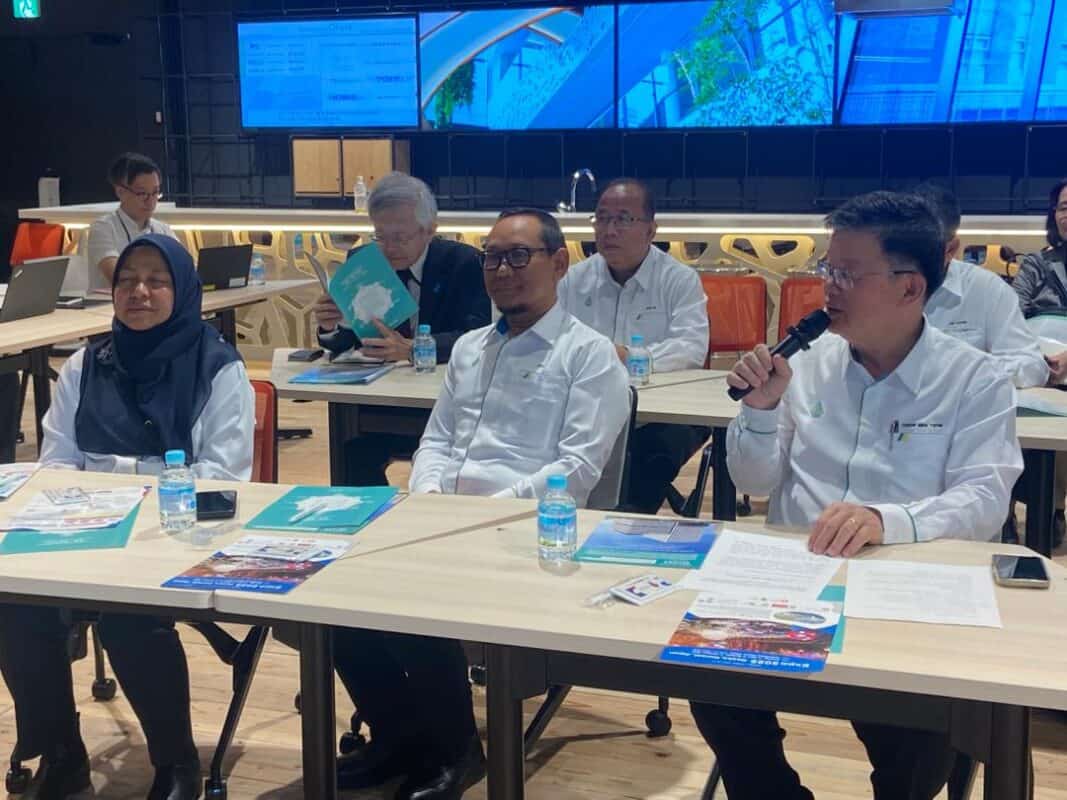
On hand to welcome and brief CM and delegation were Nakanoshima Qross Management Division general manager Takukma Thomas Shiraishi and deputy manager Jun Miyagawa.
Nakanoshima Qross, the International Institute of Future Medicine in Osaka, is a unique hub for the commercialisation of healthcare innovation. It brings together medical institutions, companies, startups, and support organisations under one roof, guided by the vision of “Shaping the future of healthcare together” and “Making it the standard worldwide.”
The centre promotes next-generation “healthcare innovation,” responding to evolving needs and technological advances. It serves as a platform for regenerative medicine through its Research & Development Centre, which incubates startups and integrates laboratories with offices, and its Medical Centre, which combines advanced hospitals, clinics, and health checkup services.
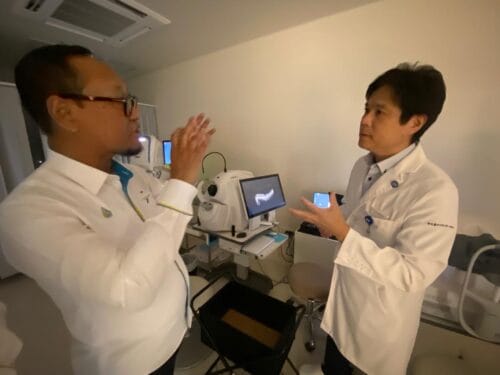
The Nakanoshima International Forum and Crossover Lounge ‘YUME’ provide spaces for interaction, co-creation, and dissemination of knowledge, while the adjoining Congrès Square Osaka Nakanoshima hosts conferences, workshops, and networking events.
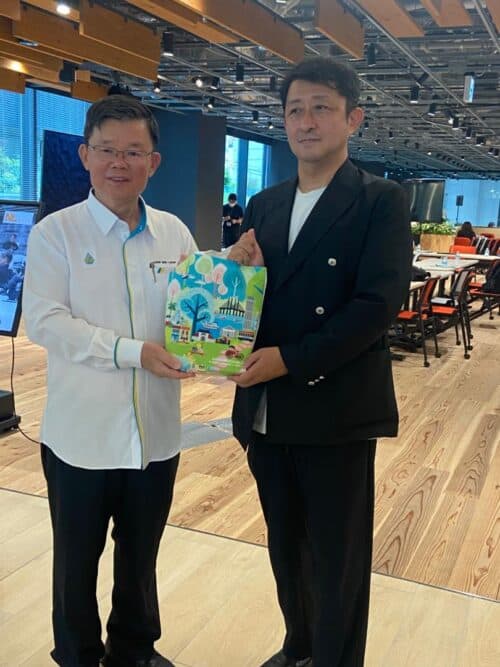
Established in 2019 by 21 private companies with support from the Osaka Prefectural Government, the Organisation for Advanced Healthcare Innovation operates Nakanoshima Qross.
It fosters collaboration between academia, industry, and healthcare while supporting regulatory processes, financing, and international cooperation. Its ecosystem emphasises human resource development, incubation of global startups, and open innovation across industries and borders.
By eliminating barriers between institutions and offering one-stop services for regenerative medicine businesses, Nakanoshima Qross aims to accelerate the practical application of new treatments and contribute to international society.
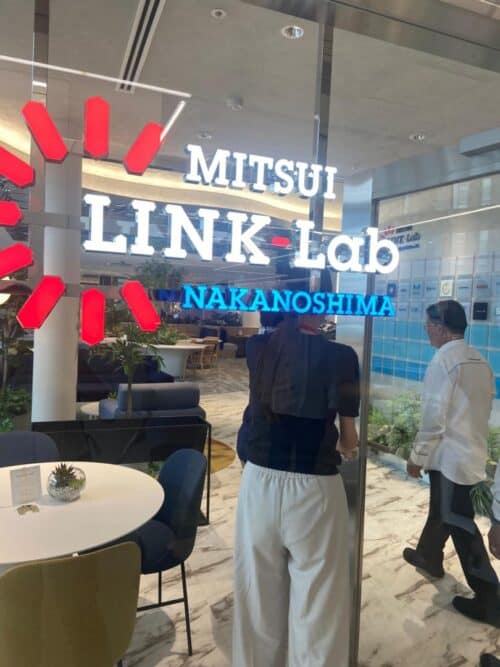
Chow emphasised that Penang’s vision for Medi-City aligns closely with the collaborative model of Nakanoshima Qross, where healthcare, research, and innovation converge.
“By learning from Osaka’s example, Penang can further strengthen its role as a regional leader in medical tourism and innovation while fostering partnerships that bring new treatments and opportunities to our people,” he said.
Story and pix by Yap Lee Ying

